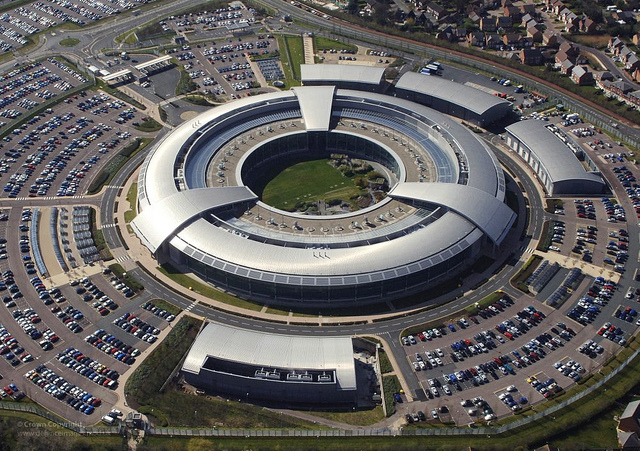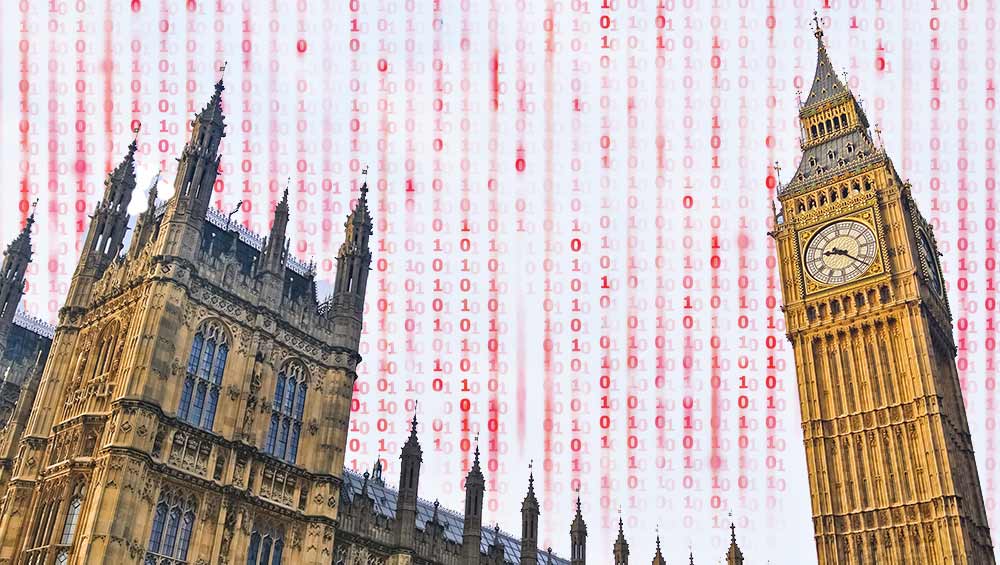Privacy International challenges Snooper's Charter blanket hacking warrants in High Court
Campaign group files for judicial review of Investigatory Powers Bill's cornerstone policy


Privacy International has appealed to the High Court to strike down a key part of the Investigatory Powers Bill that allows the government to issue blanket hacking warrants to GCHQ.
The so-called "thematic warrants" contained in the so-called Snooper's Charter allow the spy agency to hack into the computers and phones of people both inside and outside the UK.
Unlike normal warrants, they do not require a single target to be named and can instead be used to cover an entire class of unnamed property or persons, such as "all mobile phones in Nottingham" in the example given by the campaign group.
Privacy International initially raised a complaint about these general warrants in 2014, when it took its case to the Investigatory Powers Tribunal (IPT), which oversees agencies including GCHQ.
The campaign group had argued that such blanket warrants have no basis in UK law and also violate Articles 8 and 10 of the European Convention on Human Rights (ECHR) - the rights to privacy and freedon of speech. However, the IPT ruled in favour of the government in February this year.
Consequently, the organisation has taken its case to the High Court, seeking to overturn the IPT's ruling. As well as its claims that thematic warrants violate the ECHR, the group is also claiming that it undermines 250 years of English common law, which it claimed "has long rejected general warrants".
"The IPT's decision grants the government carte blanche to hack hundreds or thousands of people's computers and phones with a single warrant," said Privacy International's legal officer, Scarlet Kim. "General warrants permit GCHQ to target an entire class of persons or property without proving to a judge that each person affected is suspected of a crime or a threat to national security."
Get the ITPro daily newsletter
Sign up today and you will receive a free copy of our Future Focus 2025 report - the leading guidance on AI, cybersecurity and other IT challenges as per 700+ senior executives
"By sanctioning this power, the IPT has upended 250 years of common law that makes clear such warrants are unlawful. Combined with the power to hack, these warrants represent an extraordinary expansion of state surveillance capabilities with alarming consequences for the security of our devices and the internet," Kim added.
Saying that these thematic warrants are a keystone of the Snooper's Charter, Privacy International claimed the entire bill could be called into question should it win its case in the High Court.
The group is not the only body to express concern over the inclusion of the warrants in the IP Bill. In February, the Intelligence and Security Committee (ISC) recommended "substantive amendments" to the wording of the bill, adding that it was unconvinced by some of the legal frameworks for its implementation, including various hacking warrants.
The lawfulness of bulk data collection under DRIPA - the emergency stop-gap regulation the government hopes will be replaced by the Investigatory Powers Bill - has also been challenged by MPs Tom Watson and David Davis, with the case currently progressing through the European Court of Justice (ECJ).
If DRIPA is found to break the rights to private and family life as defined in the Charter of Fundamental Rights of the European Union, it could scupper many of the plans laid out in the Snooper's Charter as well.

Jane McCallion is Managing Editor of ITPro and ChannelPro, specializing in data centers, enterprise IT infrastructure, and cybersecurity. Before becoming Managing Editor, she held the role of Deputy Editor and, prior to that, Features Editor, managing a pool of freelance and internal writers, while continuing to specialize in enterprise IT infrastructure, and business strategy.
Prior to joining ITPro, Jane was a freelance business journalist writing as both Jane McCallion and Jane Bordenave for titles such as European CEO, World Finance, and Business Excellence Magazine.
-
 Cleo attack victim list grows as Hertz confirms customer data stolen
Cleo attack victim list grows as Hertz confirms customer data stolenNews Hertz has confirmed it suffered a data breach as a result of the Cleo zero-day vulnerability in late 2024, with the car rental giant warning that customer data was stolen.
By Ross Kelly
-
 Lateral moves in tech: Why leaders should support employee mobility
Lateral moves in tech: Why leaders should support employee mobilityIn-depth Encouraging staff to switch roles can have long-term benefits for skills in the tech sector
By Keri Allan
-
 Government 'must be held to account' over illegal Snooper's Charter
Government 'must be held to account' over illegal Snooper's CharterNews Gov should be given until April to make changes to the Investigatory Powers Act, court told
By Dale Walker
-
 UK faces challenges to bulk spying in European Court of Human Rights
UK faces challenges to bulk spying in European Court of Human RightsNews Privacy groups argue bulk data collection breaches Article 8 in landmark court case
By Dale Walker
-
 Liberty wins right to challenge Snooper’s Charter
Liberty wins right to challenge Snooper’s CharterNews Campaign group's crowdfunded challenge gets High Court go-ahead
By Rene Millman
-
 The government needs to abandon its war on WhatsApp
The government needs to abandon its war on WhatsAppOpinion Encryption might seem like an easy target, but mess with it at your peril
By Adam Shepherd
-
 “Deeply misguided”: tech industry rejects Rudd’s attack on encryption
“Deeply misguided”: tech industry rejects Rudd’s attack on encryptionAnalysis Experts warn that banning encryption leaves UK open to hackers
By Adam Shepherd
-
 The fight against the Investigatory Powers Bill isn't over yet
The fight against the Investigatory Powers Bill isn't over yetOpinion The Snooper's Charter may have been struck down - but it will be back
By Adam Shepherd
-
 Investigatory Powers Bill passes through Parliament
Investigatory Powers Bill passes through ParliamentNews Now only Royal Assent is required to enshrine Snooper's Charter in UK law
By Joe Curtis
-
 GCHQ, MI5 and MI6 "unlawfully" collected data for over a decade
GCHQ, MI5 and MI6 "unlawfully" collected data for over a decadeNews Tribunal rules GCHQ, MI5 and MI6 surveillance breached Article 8 of the ECHR
By Dale Walker